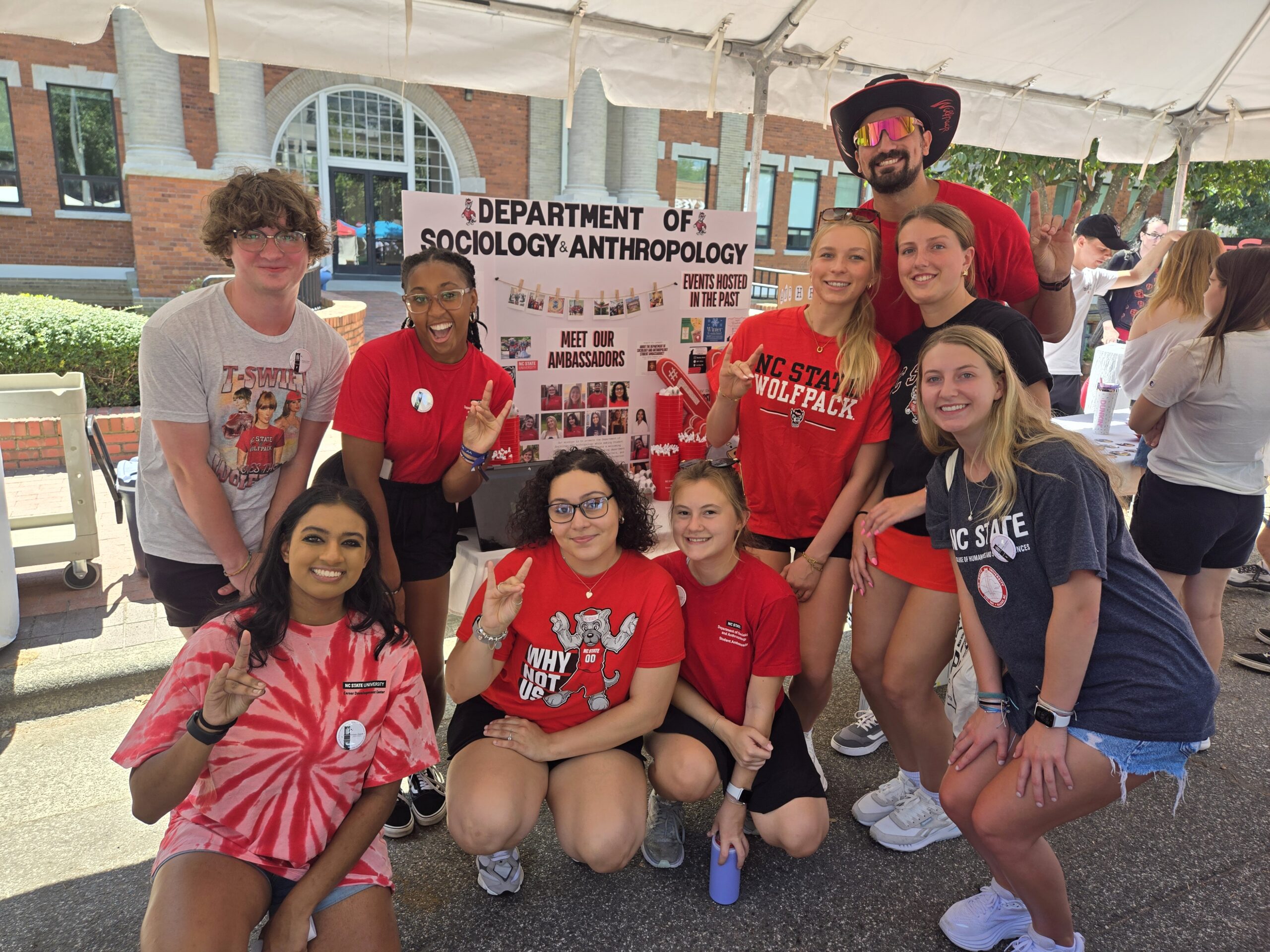For Immediate Release
A new study from North Carolina State University and Duke University offers insights into the ways that education, work and motherhood shape the lives of women in the United States. In a longitudinal study of more than 8,100 women, the researchers found seven “pathways” that illustrate the way major life events can have long-term ripple effects.
“Our goal here was to examine how family, work and education influence each other in the lives of women, rather than viewing education as a separate process from work and family,” says Anna Manzoni, co-author of a paper on the study and an associate professor of sociology at NC State. “Our approach highlights the fluidity of education in many women’s lives, and challenges the idea that completing one’s education and transitioning from school to a full-time job are essential elements of how we define adulthood.”
For the study, researchers examined data from 8,101 women who participated in the National Longitudinal Study of Adolescent to Adult Health, which is a nationally representative panel study that followed people in the United States from youth through adulthood.
The researchers then conducted analyses of these data to find patterns and subgroups among study participants, which helped them identify distinct pathways or commonalities among subgroups. The researchers also assessed the extent to which these pathways related to the race and socioeconomic class of the study participants.
“We found that women’s lives tend to take one of seven pathways, with six of those pathways broadly defined by when or if women become parents,” Manzoni says. “These pathways really underscore the extent to which specific life events, opportunities or constraints can shape later patterns in women’s lives. However, it’s important to recognize that there are notable nuances in the way women’s lives end up unfolding in more ways than one.”
The first three pathways all include women who became parents between the ages of 18 and 25:
- Early Mothers with High School Interrupted (making up 13.29% of participants);
- Early Mothers with Limited Education (13.01%), which refers to women who obtained a high school diploma or GED;
- Early Mothers with Continuing Education (19.31%).
The second three pathways include women who got college degrees by the time they were 25:
- College then Work Focused (11.95%);
- College then Family Focused (8.97%); and
- Graduate Degree Professionals (13.31%).
The seventh pathway was Independents with Continuing Education (20.17%), which is largely made up of women who pursue education at community colleges and vocational schools into adulthood and are unlikely to marry or have children until they are in their 30s and 40s.
“These groups are based on various longitudinal patterns that we observe across the life course,” says Jane Bo-Hyeong Lee, co-author of the paper and a research associate in Duke University’s Center for Health Policy & Inequalities Research. “For example, about 24% of women in the Early Mothers with Limited Education pathway went on to get associate’s degrees by the time they were in their late 30s or early 40s. However, this pattern is very different from that of women who postponed starting a family until they’d completed an advanced degree.”
“Much of this is informed by socioeconomic background and the resources that women have access to,” says Manzoni. “For example, the three college-centered pathways largely reflect the experiences of women who come from privileged socioeconomic backgrounds.
“This work is important because it provides a structured way of understanding the ways in which family, work and education influence each other in the lives of women,” Manzoni says.
“Our work builds on previous research, many of which use qualitative methods or cross-sectional data,” Lee adds. “We have the advantage of using a nationally representative dataset that followed these women for many years.”
The paper, “Women’s Configurations of Family, Work, and Education: Mapping Diverse Pathways throughout Adulthood,” is published in the journal Social Currents.
-shipman-
Note to Editors: The study abstract follows.
“Women’s Configurations of Family, Work, and Education: Mapping Diverse Pathways throughout Adulthood”
Authors: Anna Manzoni, North Carolina State University; Jane Bo-Hyeong Lee, Duke University
Published: Sept. 12, Social Currents
DOI: 10.1177/23294965231201373
Abstract: We investigate how women’s family, work, and education statuses are configured over the life course, defining different pathways throughout adulthood. Using data from the National Longitudinal Study of Adolescent and Adult Health, we conduct a repeated measures latent class analysis (LCA) to explore the various pathways of family, work, and education that women take between their late teens and early forties. Additionally, we investigate the extent to which these pathways vary by race and socioeconomic background. We find seven distinct pathways. In three of the pathways, women are likely to become mothers at an earlier age, but differ in terms of education and work patterns. Three other pathways include women who focus primarily on college in early adulthood, but differ in terms of their work and family patterns. An additional pathway comprises women who remain largely independent while working and continuing education into adulthood. Pathways vary significantly by race, parents’ education, and early family poverty. This study highlights the fluidity of women’s work and educational experiences across adulthood, and articulates significant nuances in the different combinations of women’s family, work, and education across demographic backgrounds.
- Categories:



